Essential movies to watch before visiting Japan
Planning a trip to Japan? Movies can offer a unique window into the country's rich culture, stunning landscapes, and fascinating history. Prepare for your journey by watching these essential films that capture the spirit of Japan.



Visiting Japan is an incredible experience, a journey through ancient traditions and cutting-edge modernity. To truly enrich your trip and gain a deeper appreciation for the country, diving into Japanese cinema before you go is highly recommended.
Movies offer a unique lens through which to view Japan's diverse landscapes, complex social dynamics, and enduring cultural values. You might explore the rigid codes of honor in classic samurai epics, or witness the bustling, sometimes overwhelming energy of Tokyo through contemporary dramas.
From the timeless beauty of a Yasujirō Ozu film capturing post-war family life to the fantastical worlds brought to life by Studio Ghibli, Japanese cinema is incredibly varied. It can provide historical context, illuminate subtle cultural nuances, or simply inspire you with breathtaking visuals of places you're about to see.
Watching these films isn't just entertainment; it's a way to start your journey before you even board the plane. It can help you recognize locations, understand historical events that shaped the nation, or simply appreciate the daily rhythm of life in Japan. Get ready to see Japan through the eyes of its incredible filmmakers.
14. Godzilla (1954)
Ishirō Honda's original Godzilla is a classic monster film that also serves as a powerful allegory for the trauma of the atomic bombings of Hiroshima and Nagasaki. The giant creature emerges from the sea as a result of nuclear testing, bringing destruction to Japan.
This film is a cultural icon and reflects the anxieties of post-war Japan facing the nuclear age. While you won't encounter giant monsters on your trip, understanding the context of Godzilla provides insight into a significant piece of modern Japanese history and its impact on popular culture. It's a foundational film in the kaiju genre and a reflection of national anxieties.
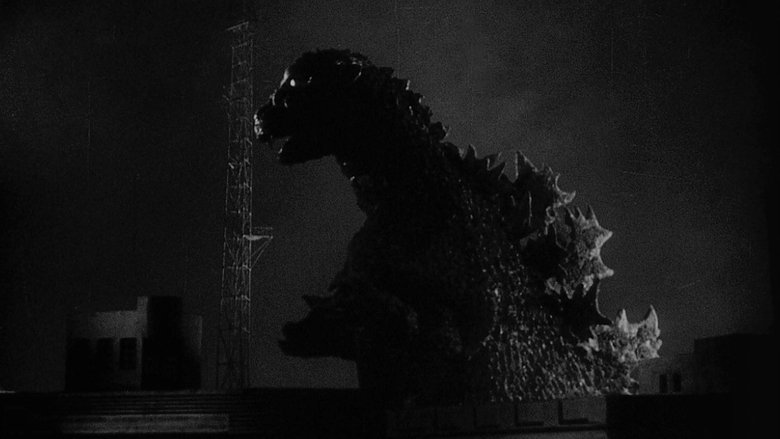
13. Battle Royale (2000)
Kinji Fukasaku's controversial and influential film presents a dystopian near-future Japan where, as a method of social control, a class of junior high students is forced to fight to the death on a remote island. Based on the novel by Koushun Takami.
While primarily a thrilling, violent survival film, Battle Royale can be seen as a dark satire on societal pressures and educational anxieties in Japan. Its impact on popular culture is undeniable, influencing many subsequent films and stories. Though not representative of everyday life, it touches upon underlying societal tensions in a provocative way.

12. Akira (1988)
Katsuhiro Otomo's groundbreaking anime film is a cyberpunk landmark set in a dystopian Neo-Tokyo in 2019. It follows Shōtarō Kaneda, the leader of a biker gang, whose friend Tetsuo develops powerful telekinetic abilities after a motorcycle accident.
Akira is famous for its incredibly detailed animation and its depiction of a sprawling, futuristic Japanese metropolis. While science fiction, the portrayal of urban decay, social unrest, and technological advancement resonates with themes present in modern Japan. It's a visually influential film that captures a certain chaotic energy often associated with mega-cities like Tokyo, albeit through a sci-fi lens.

11. Hara-Kiri: Death of a Samurai (2011)
This remake of the 1962 classic Harakiri (Ichimei) by Takashi Miike is a visually striking and somber samurai drama. It tells the story of a ronin who requests to commit ritual suicide (seppuku) at the courtyard of a feudal lord, only to reveal a deeper, tragic motive.
The film delves into the rigid code of honor among samurai and the hypocrisy that can lie beneath it. While intense and dramatic, it provides a different perspective on the samurai mythos compared to action-focused films, offering insight into the values and harsh realities of the era. Its contemplative pace and beautiful cinematography make it a powerful watch.

10. Kagemusha (1980)
Akira Kurosawa's visually stunning historical epic tells the story of a thief who is trained to act as a double for a powerful warlord. When the warlord dies, the thief must pretend to be him to prevent the clan from falling apart.
Kagemusha is a spectacle of feudal Japan, featuring large-scale battles, intricate costumes, and grand sets. It offers a dramatic look at the power struggles and intricate social codes of the samurai era. The film is renowned for its use of color and composition, providing a visually rich introduction to this period of Japanese history.

9. Rashomon (1950)
Another masterpiece from Akira Kurosawa, Rashomon is famous for its innovative narrative structure, where the same event is recounted from multiple conflicting perspectives. Set in ancient Kyoto, it revolves around the murder of a samurai and the rape of his wife.
The film explores themes of truth, perception, and human nature within a historical Japanese setting. Its title even gave rise to the term 'Rashomon effect.' While abstract, it offers insight into Japanese philosophical thought and its influence on narrative art, showcasing the country's rich cinematic tradition and intellectual depth.

8. Seven Samurai (1954)
Akira Kurosawa's epic samurai film is a cornerstone of cinema history and a foundational text for understanding certain aspects of Japanese culture and storytelling. Set in the Sengoku period, it tells the story of a village that hires seven masterless samurai to protect them from bandits.
This film is more than just action; it delves into themes of duty, sacrifice, and the social structure of feudal Japan. Kurosawa's dynamic filmmaking style and the iconic characters have influenced countless films globally. Watching it provides context for the enduring legacy of the samurai in Japanese identity and art.

7. Memoirs of a Geisha (2005)
Based on the bestselling novel, this film offers a visually lush portrayal of the secretive world of geisha in Kyoto during the pre-WWII era. It follows a young girl sold into servitude who becomes one of the most celebrated geisha.
The movie provides a glimpse into the rigorous training and unique artistry associated with geisha culture, depicting the elaborate rituals, clothing, and entertainment they provided. While a Hollywood production and subject to some debate regarding its portrayal, it remains a widely seen introduction to this fascinating historical profession and the beautiful, traditional settings of Kyoto's geisha districts.
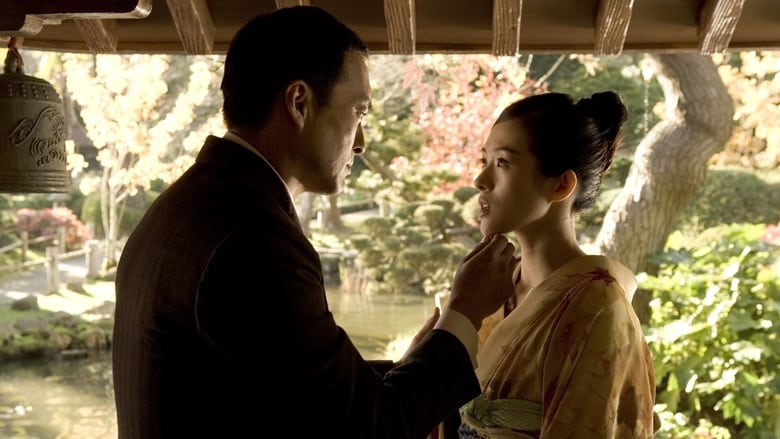
6. Spirited Away (2001)
Hayao Miyazaki's enchanting masterpiece from Studio Ghibli is a journey into a magical world inspired by Japanese folklore and Shinto beliefs. It tells the story of Chihiro, a young girl who wanders into a spirit world and must work in a bathhouse for spirits to save her parents.
While fantasy, the film is infused with cultural elements, from the architecture of the bathhouse (reminiscent of traditional inns) to the myriad of spirits drawn from Japanese mythology. It's a film that sparks wonder and introduces viewers to a unique side of Japanese imagination and storytelling, making it a delightful watch before experiencing the country's rich artistic heritage.

5. Shoplifters (2018)
Hirokazu Kore-eda's Palme d'Or winner offers a poignant and realistic look at the lives of those on the fringes of Japanese society. The film follows a family who relies on shoplifting to make ends meet, presenting a complex and empathetic portrait of their struggles and bonds.
Shoplifters provides a grounded perspective on contemporary Japan, moving away from typical tourist views to explore social issues like poverty and the unconventional forms families can take. It's a powerful drama that highlights the resilience and humanity of its characters, offering a deeper understanding of the country's social fabric beyond the surface.
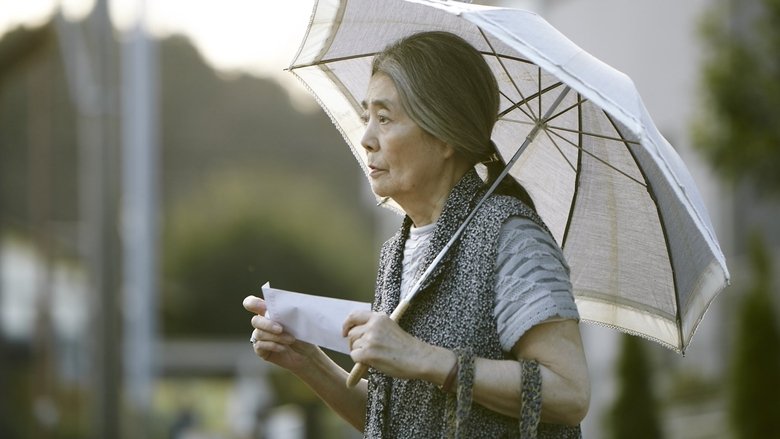
4. Your Name. (2016)
Makoto Shinkai's visually stunning anime phenomenon is a fantastic modern entry point into contemporary Japan, blending urban life with rural tradition. The story involves a high school boy in Tokyo and a high school girl in a rural town who mysteriously swap bodies.
Beyond its clever premise, the film is a visual feast, depicting both the bustling energy of Tokyo and the serene beauty of the Japanese countryside with incredible detail. It touches upon themes of connection, destiny, and the relationship between modern life and ancient traditions. It's a wonderfully imaginative film that showcases the beauty of Japan's diverse landscapes and offers a youthful, romantic perspective on the country.

3. Departures (2008)
This Academy Award winner for Best Foreign Language Film is an incredibly moving and insightful look at a lesser-known, yet deeply significant, aspect of Japanese culture. The story follows a young cellist who, after his orchestra disbands, moves back to his hometown and takes a job preparing bodies for burial.
Known as Nokanshi, this profession involves ritualistically cleansing and encoffining the deceased with great care and respect. Departures beautifully depicts the dignity and artistry involved in this practice, exploring themes of life, death, family, and finding purpose. It offers a unique window into Japanese attitudes towards mortality and the profound rituals surrounding it, providing a different, contemplative perspective on the country's cultural landscape.
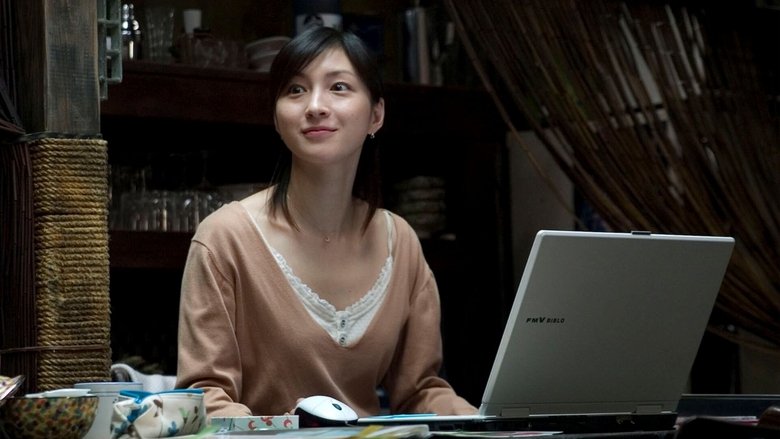
2. Tokyo Story (1953)
Considered by many to be one of the greatest films ever made, Yasujirō Ozu's Tokyo Story is a profound exploration of family dynamics and generational change in post-war Japan. It follows an elderly couple who travel to Tokyo to visit their children, only to find them too busy to spend much time with them.
While not a travelogue, its power lies in its deeply human portrayal of Japanese life, values, and the subtle shifts happening within society. Ozu's signature low camera angles and quiet, observational style immerse you in the characters' world. Watching this film offers a timeless insight into the Japanese family structure and the pathos of aging, providing a rich cultural context that transcends tourism.
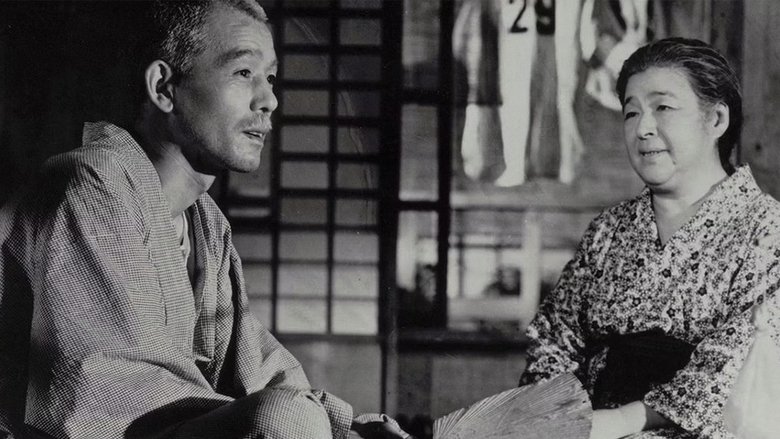
1. Lost in Translation (2003)
Sofia Coppola's masterpiece captures the feeling of being adrift in a foreign land with breathtaking honesty. Set primarily in Tokyo, it follows two lonely Americans, Bob (Bill Murray) and Charlotte (Scarlett Johansson), who find an unexpected connection amidst the bustling, sometimes overwhelming, energy of the city.
This film is essential viewing before visiting Japan because it perfectly illustrates the delightful disorientation and cultural nuances you might encounter. From navigating crowded streets and neon signs to the subtle differences in communication, it offers a relatable glimpse into the experience of being a foreigner in Tokyo. Bill Murray delivers one of his most nuanced performances, blending comedy and melancholy seamlessly. It's a quiet, atmospheric film that truly lets you soak in the feeling of being there.

